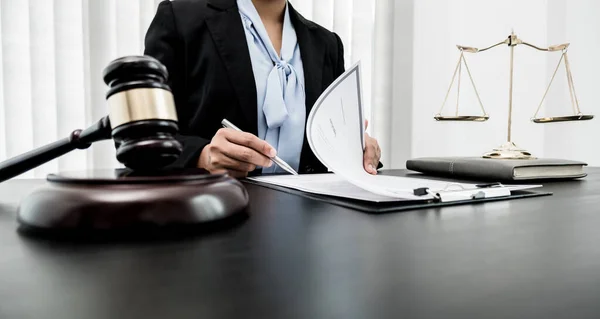Protect Your Work With Copyrights
Copyright protection is to be had for original works of authorship which are constant in a tangible shape, whether published or unpublished. The categories of works that may be protected by copyright legal guidelines encompass artwork, literary works, stay performances, pictures, movies, and software program.
It’s crucial to take into account that copyright regulation covers the “form of cloth expression,” not the real principles, thoughts, strategies, or statistics in a specific work. This is the cause at the back of why a work has to be constant in a tangible shape to be able to accumulate copyright protection. A couple examples of works being steady in a tangible form embody testimonies written on paper and unique artwork on canvas.
What exactly is a copyright? Literary works, musicals, artwork, sculptures and other creative works are generally concern to copyright protection. A copyright protects the shape of expression, as opposed to the subject depending on the expression. There must be some element of creativity and originality inside the paintings.
What can I do with my copyright? The proprietor of a copyright has exclusive rights to reproduce copyrighted works, put together spinoff works, distribute copies, carry out publicly and/or display such works.
How can I protect myself? The judicial regulation allows the safety of “authentic works of authorship fixed in any tangible medium of expression… “. Now you may ask, what makes something an “original design”? “Original” is a manner that the creator adopted without the exact reproduction of someone else’s work and that there are at least a few minimal degrees of creativity.
There virtually need not now be any formal registration which will “protect” your work. So, why do people genuinely register for a copyright? Formal registration is required to enforce your copyright. This is the manner with which you will have a registration with the copyright office which will visit court docket to enforce your copyrights. It is needed to stop someone from infringing your work.
Furthermore, a proper copyright registration allows you to sign in the copyrighted work, which can be in a position to forestall infringing works.
I want to copy somebody else’s stuff. Can I? It’s excellent to be authentic. However, there are some restricted times wherein you can use someone else’s paintings, and that is in which the Fair Use Doctrine comes into play. This is a complex and fact-based evaluation. Generally speaking, if you are criticizing a chunk of labor, commenting, news reporting, teaching, or growing a parody, then you’ll be capable of using the elements of a copyrighted work. Safest guess: get permission from the copyright owner to use a piece of their work. And recollect, simply giving attribution to the original author is not sufficient to keep away from claims of copyright infringement.



